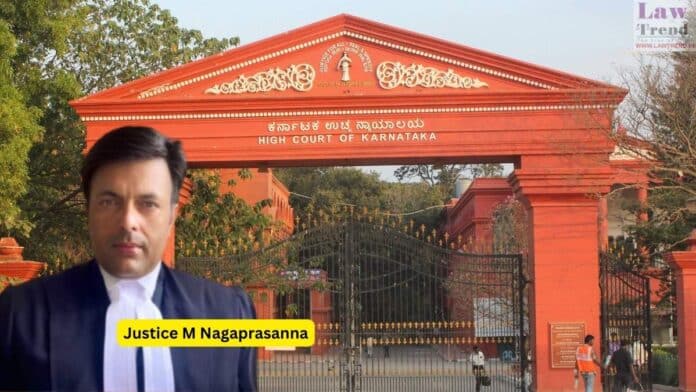In a significant judgment, the Karnataka High Court has ruled that premises owners can only be held liable under the Narcotic Drugs and Psychotropic Substances (NDPS) Act, 1985, if they “knowingly permit” their property to be used for the commission of an offence. The decision was delivered by Justice M. Nagaprasanna in the case of
To Read More Please Subscribe to VIP Membership for Unlimited Access to All the Articles, Download Available Copies of Judgments/Order, Acess to Central/State Bare Acts, Advertisement Free Content, Access to More than 4000 Legal Drafts( Readymade Editable Formats of Suits, Petitions, Writs, Legal Notices, Divorce Petitions, 138 Notices, Bail Applications etc.) in Hindi and English.




